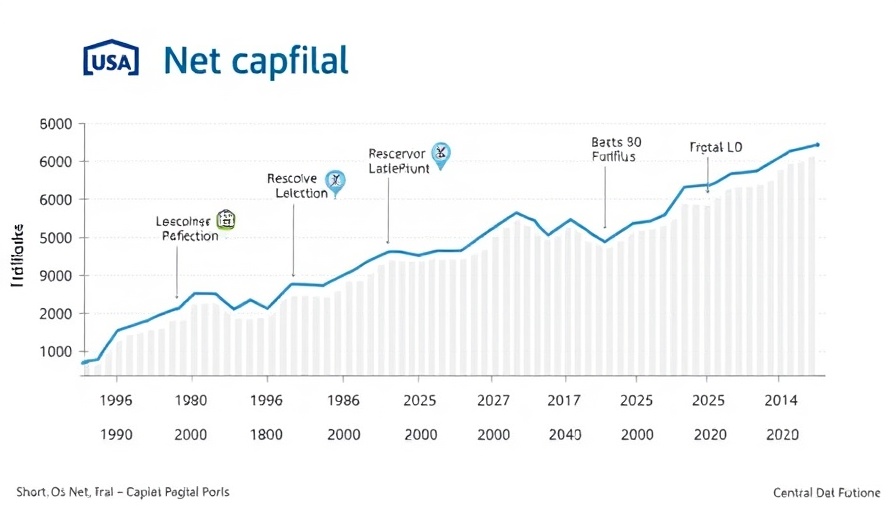
Don't Fall for Financial Traps: Why You Shouldn’t Take Candy from Strangers
As children, many of us were taught to be cautious when offered free candy from strangers, a rule that was meant to protect us from danger. This advice carries over into adulthood, especially regarding financial decisions. Today’s technology allows us to maintain a “who speaks to me” radar, as phone apps can track our whereabouts, making it easy for parents to oversee their children. However, the essence of the advice remains the same: be wary of unsolicited offers, particularly when it comes to investment information.
Investment Advice: Who Can You Trust?
Investing today has become clouded by an overwhelming amount of freely available information, especially on platforms like TikTok, where anyone can claim to be an expert. As an adult, when a stranger offers you investment advice—whether it’s through social media or even financial newsletters—it's crucial to ask yourself about their intentions. Are they genuinely looking out for your financial well-being, or are they simply trying to sell you something? Trust should be built on a foundation of knowledge about one’s specific financial situation.
The Value of Your Attention
Attention is a precious commodity today. When an influencer or a financial guru claims to offer valuable advice for free, recognize that their ultimate goal may just be to capture your attention, often to market products unrelated to your needs. They may not have access to crucial details about your specific demographics or financial circumstances—factors that are essential for personalized financial advice.
Be Cautious: Marketing vs. Valuable Guidance
Many sources of advice you encounter are designed for broad appeal, rather than tailored for you. Financial advice is often an intricate dance of marketing tactics shrouded in seemingly beneficial recommendations. Just as children might overlook the simple rule against taking candy from strangers, adults can forget that unsolicited financial advice may come laden with hidden agendas.
Before engaging with such content, ask yourself about the motives behind the marketing. Are these individuals concerned with your financial future, or are they just looking to profit from your attention? Remember, if it seems too good to be true, it probably is. Navigate your finances with caution and avoid tempting offers—your financial future demands it.
 Add Row
Add Row  Add
Add 




Write A Comment